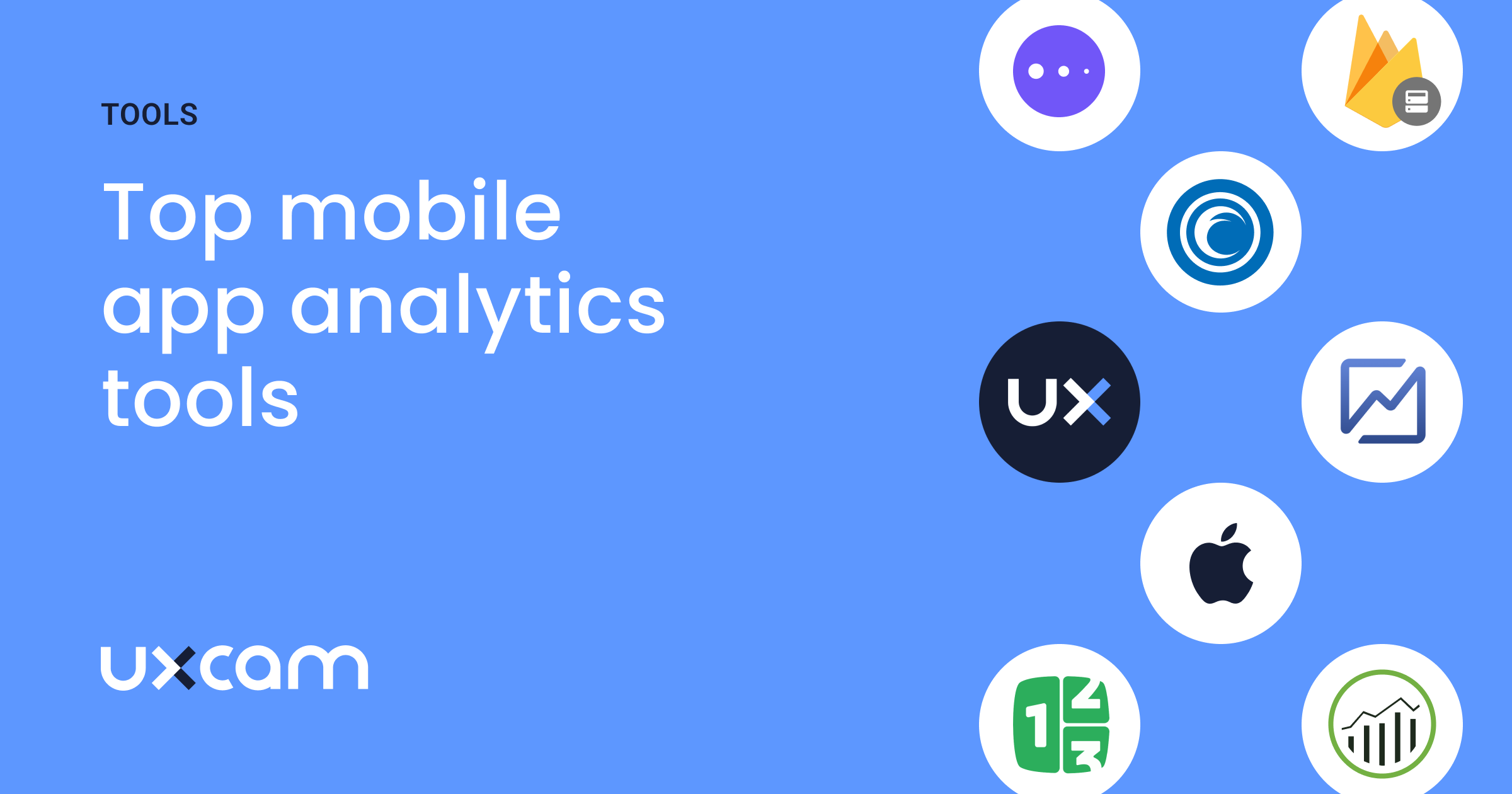Improve Client Comprehending with Targeted Analytics Versions
Improve Client Comprehending with Targeted Analytics Versions
Blog Article
Maximize Development: How Analytics Drive Better Approaches
In today's data-driven landscape, organizations significantly acknowledge the pivotal duty of analytics fit reliable development methods. By taking advantage of data understandings, companies can refine their operational approaches, anticipate market adjustments, and boost consumer interaction. The difficulty exists not only in gathering information but in successfully interpreting it to drive concrete end results. As we discover the essential advantages and methodologies related to analytics, a crucial concern arises: how can organizations guarantee they are leveraging these understandings to open their full capacity? The response might redefine the future of strategic planning.
Recognizing Information Analytics
Information analytics is a systematic computational analysis of data that enables organizations to uncover meaningful patterns and insights. This process encompasses a variety of techniques, consisting of analytical analysis, predictive modeling, and information mining, which collectively intend to transform raw information right into actionable details - Analytics. By employing these techniques, companies can make enlightened decisions that are rooted in empirical evidence rather than instinct alone
The structure of data analytics lies in its capacity to deal with vast quantities of info from varied sources. This includes organized data, such as databases, and disorganized data, including social networks communications and client feedback. Through using specialized software application and devices, experts can remove and process this data efficiently, determining fads and connections that may not be promptly noticeable.
Understanding data analytics also involves acknowledging the significance of data quality and honesty. Exact and reliable information is critical for significant analysis; hence, organizations have to carry out robust information governance techniques. Additionally, the repetitive nature of analytics enables continual refinement and renovation of methods, making sure that organizations continue to be nimble despite changing market characteristics and consumer habits.
Trick Benefits of Analytics

Among the key benefits of analytics is its ability to offer actionable insights. Organizations can promptly analyze large amounts of data, uncovering patterns that may not be right away evident. This assists in expecting market changes and adapting techniques appropriately. Furthermore, analytics promotes a culture of evidence-based decision-making, reducing dependence on instinct and uncertainty.
An additional considerable benefit is enhanced consumer understanding. Analytics devices allow companies to segment their target market, track consumer behavior, and individualize advertising efforts. This targeted strategy not just improves consumer interaction but additionally drives greater conversion rates.

Implementing Analytics Techniques
To completely realize the advantages of analytics, organizations have to take on organized techniques for execution. This begins with clearly specifying objectives that line up with more comprehensive business goals. By developing details, measurable outcomes, companies can concentrate their analytics initiatives on areas that yield the greatest return on financial investment.
Next, organizations ought to focus on data governance to make sure the honesty and security of the data being evaluated. This includes establishing up methods for information collection, storage space, and access while adhering to relevant policies. Making sure high-grade data is essential for producing significant insights.
Moreover, promoting a society of data-driven decision-making is necessary. This calls for training staff members to analyze analytics searchings for and motivating why not try here partnership across departments. When teams understand the worth of analytics, they are more most likely to incorporate understandings into their daily operations.
Last but not least, companies must consistently examine and fine-tune their analytics strategies. The landscape of information and technology is constantly developing, and staying adaptable will certainly enable organizations to leverage brand-new tools and approaches effectively. By applying these organized techniques, companies can make best use of the influence of their analytics efforts and drive lasting development.
Tools for Reliable Analysis
Reliable analysis relies upon a selection of tools that promote the extraction of insights from information - Analytics. These tools can vary from simple spread sheet applications to sophisticated equipment discovering systems, each serving an unique function in the logical process
Information visualization software application, such as Tableau and Power BI, plays a crucial function in changing intricate datasets into reasonable visual representations. These tools allow experts to identify patterns and patterns promptly, allowing for more educated decision-making.
Analytical evaluation software, like R and SAS, provides sophisticated abilities for performing in-depth analyses, including regression, hypothesis screening, and anticipating modeling - Analytics. These attributes encourage organizations to draw meaningful final thoughts from their data, determining prospective possibilities and threats
In addition, data source management systems such as SQL and NoSQL databases give the essential infrastructure for storing and querying large volumes of information successfully. They make sure that data is arranged and available for evaluation.
Last but not least, organization knowledge systems incorporate different information sources, offering a comprehensive view of organizational efficiency. By making use of these devices properly, services can improve their analytical capabilities, enabling them to create strategies that take full advantage of growth and improve total efficiency.
Study of Success
Successful companies frequently utilize data analytics to drive impactful approaches, as confirmed by numerous significant instance research studies. By using these insights, Netflix has actually successfully customized its material suggestions, resulting in raised user interaction and subscriber retention.

Additionally, Starbucks employs data analytics to identify ideal shop places and improve its item offerings. By checking out consumer demographics and acquiring patterns, Starbucks successfully identifies high-potential markets and tailors its menu to local preferences, driving sales and consumer commitment.
These instance researches highlight that reliable application of information analytics can bring about critical benefits, promoting advancement and development within organizations across various industries.
Verdict
In verdict, the assimilation of analytics right into organizational techniques considerably enhances decision-making processes and cultivates lasting growth. By leveraging data-driven insights, businesses can read what he said recognize patterns, prepare for market changes, and enhance operations. The reliable application of analytics tools further sustains agility and development, enabling companies to navigate competitive landscapes with better precision. Ultimately, a dedication to analytics not only drives prompt efficiency improvements yet that site likewise secures lasting success in an ever-evolving market.
Information analytics is an organized computational analysis of data that enables organizations to reveal significant patterns and understandings.Understanding information analytics also includes identifying the significance of information quality and stability. Exact and reputable information is crucial for purposeful analysis; therefore, companies must execute durable information governance methods.Following, companies should prioritize information administration to ensure the integrity and safety of the information being analyzed.Successful organizations commonly utilize data analytics to drive impactful techniques, as confirmed by a number of remarkable case studies.
Report this page